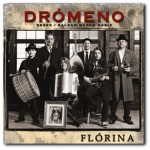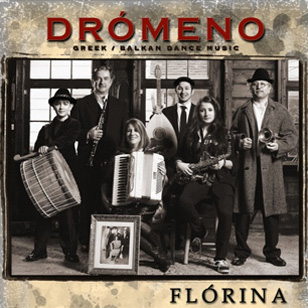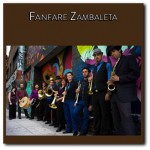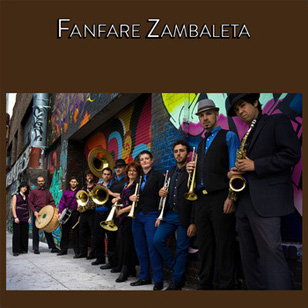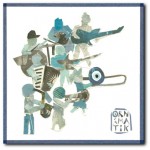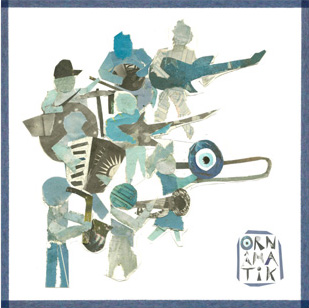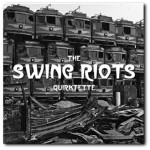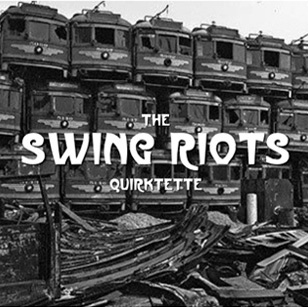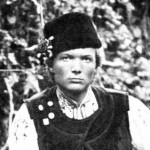
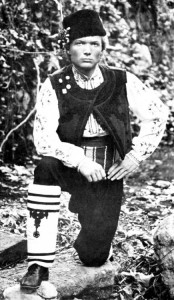 Marcus (Holt) Branicheff Moskoff, teacher of Bulgarian dances, gajda player, and gudulka teacher at EEFC Music & Dance Workshops, died on September 10, 2012, in a San Jose, Calif., hospital.
Marcus (Holt) Branicheff Moskoff, teacher of Bulgarian dances, gajda player, and gudulka teacher at EEFC Music & Dance Workshops, died on September 10, 2012, in a San Jose, Calif., hospital.
Marcus was born on June 9, 1955, in the small farm town of Avenal (near Fresno), Calif. He was first exposed to Slavic music in the Russian Orthodox Church of Fresno. At the age of 12, after his family relocated to the San Francisco Bay Area, Marcus began his interest in folklore through the Bulgarian communities on the West Coast, learning the basic national dances and developing the ability to play village instruments. Four years later, he traveled to Sofia, Bulgaria, as a guest of the Bulgarian government to study folk instrumental music and dance with the Pioneer Dance Ensemble.
After a brief return to the United States, he went back to Bulgaria in 1974, this time basing his dance studies around the National Folk Choreography School in Plovdiv, while enhancing his musicianship by playing for village weddings with kaval master Stoyan Dimov. He began performing with the State Youth Ensemble in Sofia, Bulgaria, and the Yambol Folklore Ensemble in Bulgarian Thrace. He was a gudulka graduate of the state conservatory in Plovdiv and was equally accomplished at playing gajda. Marcus changed his surname from Holt to Moskoff but retained his United States citizenship.
In 1978, Marcus traveled through Bulgaria again as a guest of the Bulgarian government, this time carrying out concentrated research in folklore with emphasis on its contemporary aspects. Returning to the U.S., Marcus taught Bulgarian dancing at workshops and festivals/institutes across the country and choreographed suites of dance and music for several folk ensembles. Dances Marcus taught include Graovsko Horo, Plovdivska Rŭčenica, Pravo Severnjaško Horo, Rodopsko Horo, Sitno Pajduško Horo, Trakijska Rŭčenica and Tropanka.
He played for years with Ensemble Trakiya in Santa Barbara, Calif., and directed the Nestinari Bulgarian Folk Orchestra. In the mid-1980s he taught for several years at both the Mendocino and East Coast camps, including at the very first (1983) East Coast camp at Ashokan. He was married to Anastasia (Asya) with whom he had a daughter, Elitsa.
Marcus published a book of Bitov instrumentation, Orchestral Melodies for Gajda, Gadulka, Kaval, and Tambura, in 1977. [Ed. note: Marcus gave EEFC permission to reprint and sell this book; you can order it at this link.]
A longer version of this article appears on Folk Dance Federation of California, South, Inc.’s website.
Photos courtesy Dick Oakes.
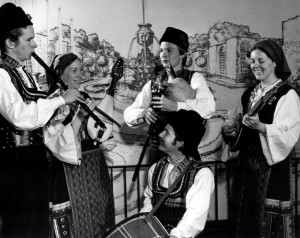
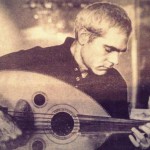
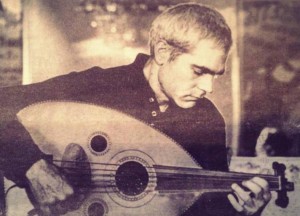
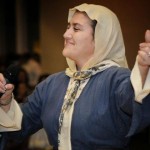
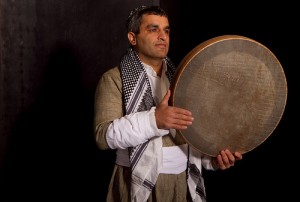
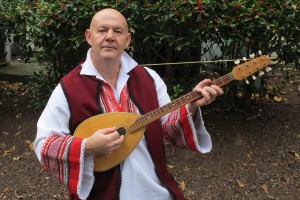
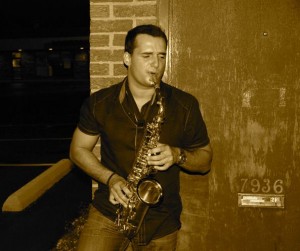
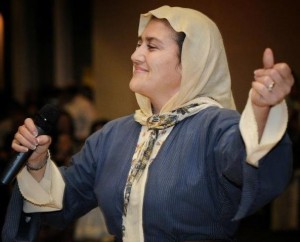
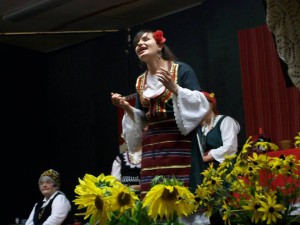
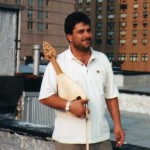
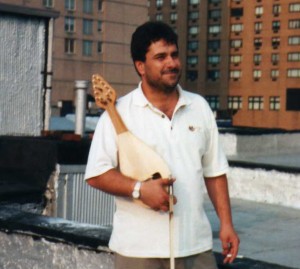
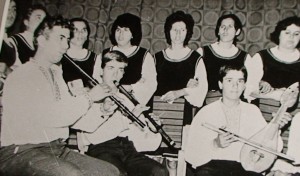
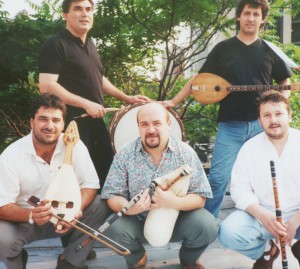

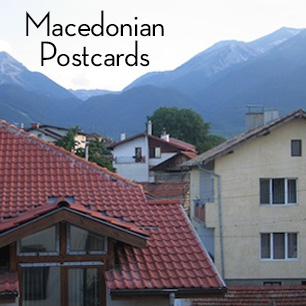
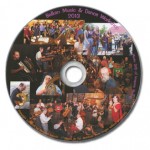
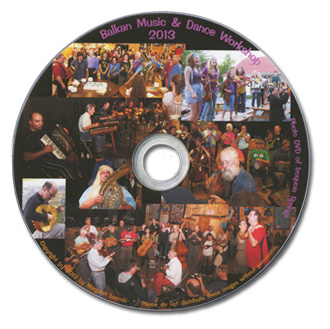 This is Margaret Loomis’ 13th year of putting together a large collection of digital photos from East Coast Balkan camp as a fundraiser for EEFC.
This is Margaret Loomis’ 13th year of putting together a large collection of digital photos from East Coast Balkan camp as a fundraiser for EEFC.